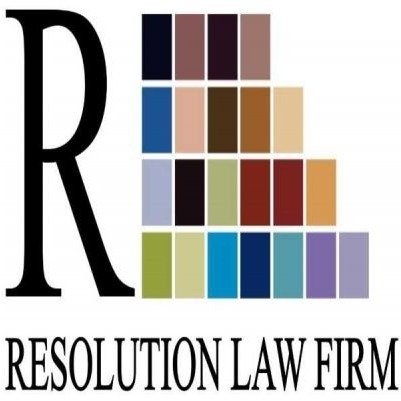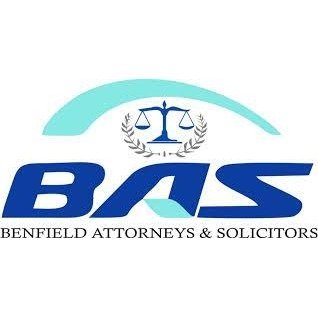Best Lawyers in Nigeria
Share your needs with us, get contacted by law firms.
Free. Takes 2 min.
Or refine your search by selecting a city:
List of the best lawyers in Nigeria
Refine your search by selecting a practice area.
Accidents & Injuries
Bankruptcy & Debt
Business
Civil & Human Rights
Consumer Rights
Criminal Defense
Elder Law
Employment & Labor
Family
Immigration
Insurance
Intellectual Property
Lawsuits & Disputes
Media, Technology and Telecoms
Real Estate
Browse law firms by city in Nigeria
Refine your search by selecting a city.
Nigeria Legal Questions answered by Lawyers
Browse our 15 legal questions in Nigeria and the lawyer answers, or ask your own questions for free.
- What are the basis for divorce?
- In the case where spouses have irreconcilable differences, what are the divorce process to follow
-
Lawyer answer by P.O OHIKHENA & Co
It's not a problem. The court can dissolve the marriage based on irreconcilable differences. However, there are certain grounds the court would look at before dissolving the marriage. Also, there are questions I would need to ask in order to...
Read full answer - recover money sent to a scammer
- Is there any way to recover money sent to a scammer through their bank account details, and if yes, what are the steps to be taken?
-
Lawyer answer by Kabbiz Legal & Advisory
Hello,We are sorry that you sent your hard-earned funds to a scammer who has defrauded you of the same.As to your question, the short answer is yes, you can recover the money you sent to a scammer. There are steps...
Read full answer - Marriage annulment
- Please does annulment of marriage exist in Nigeria if yes how do I go about it? Thank you
-
Lawyer answer by OLUWASANMI AYOKUNLE & CO
Yes. An annulment of Marriage exists in Nigeria. See Section 2 (2) of the Matrimonial Causes Act. However, its is not all marriages can be annulled, to wit; a void marriage need not be annulled as it is deemed to...
Read full answer
Disclaimer:
The information provided on this page is for general informational purposes only and does not constitute legal advice. While we strive to ensure the accuracy and relevance of the content, legal information may change over time, and interpretations of the law can vary. You should always consult with a qualified legal professional for advice specific to your situation. We disclaim all liability for actions taken or not taken based on the content of this page. If you believe any information is incorrect or outdated, please contact us, and we will review and update it where appropriate.
































